Doing an ant PhD: Tania De Almeida
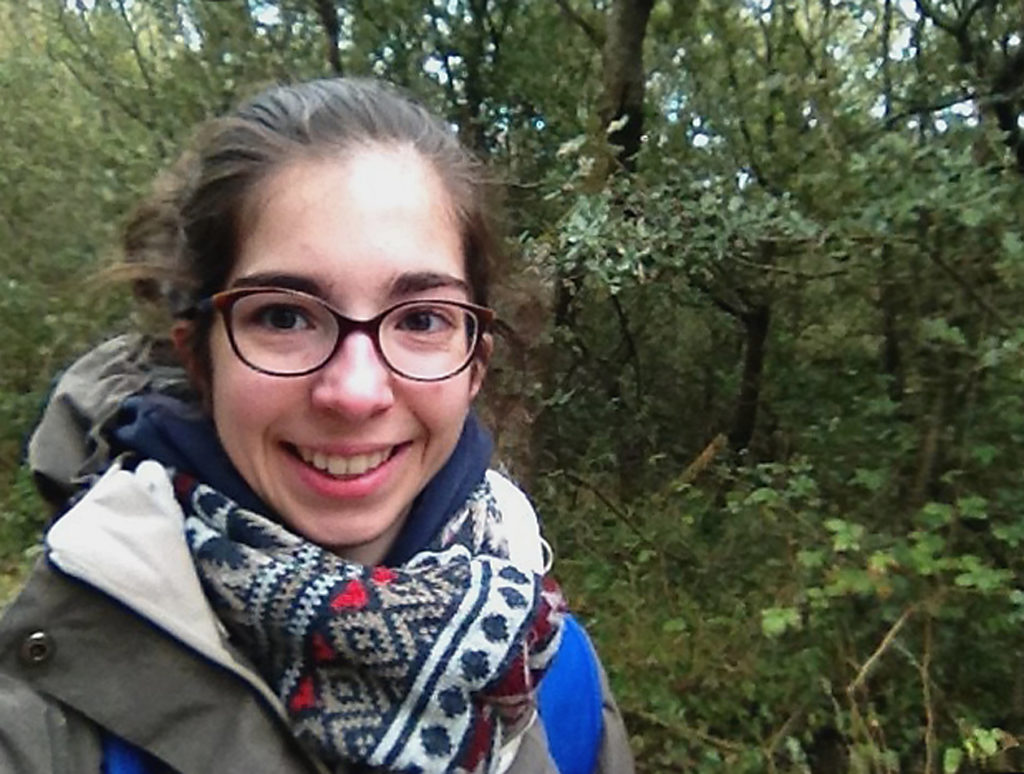
Tania De Almeida is 27 years old and grew up in Saint-Maur-Des-Fossés (near Paris). She received a bachelor’s degree in Biology at Paris-Sorbonne University. She specialized in ecology in her first year of her master’s degree at Paris-Diderot University. In her second year, she completed a master’s degree on the study of the functioning of natural systems and the modifications caused by human impact in the school of agricultural and life sciences of Toulouse. She is currently a PhD student at the Mediterranean Institute of Marine and Terrestrial Biodiversity and Ecology at Avignon University (France), and she is supervised by Olivier Blight, Thierry Dutoit, and François Mesléard. Here, we talk about her PhD thesis, what she does in her free time, and why she would not want to be an ant.
An Interview compiled by Patrick Krapf and Roberta Gibson
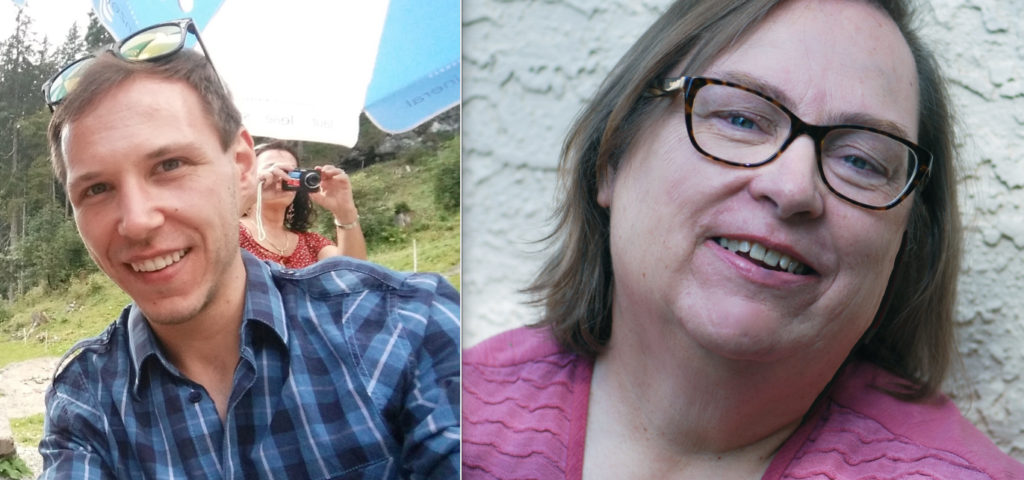
MNB: What is the topic of your PhD thesis?
TDA: I study the above- and below- ground effects of the ant Messor barbarus on the soil physico-chemical properties, and plant and fauna communities. The applied aim is to validate its use in ecological engineering to restore Mediterranean dry grasslands.
MNB: In which year of your PhD studies are you now?
TDA: I am in my third year.
MNB: And why ants? 🙂
TDA: That’s a very good question! I am interested in the functioning of ecosystems, the different interactions between compartments, and ecological restoration. During my university course, I did four internships, two of which were on invertebrates, so I started to get more interested in soil fauna. The thesis subject proposed by my supervisors was based on these 3 points of interest and had ants as a study model. I didn’t hesitate a second before applying! I was first interested in ecology before getting interested in ants, which I learned to know mostly during my thesis.
MNB: How do you feel about field work?
TDA: I love field work! Being in the last year of my thesis, I haven’t been in the field much recently and I miss it a lot.
MNB: I know the feeling. I love field work too!
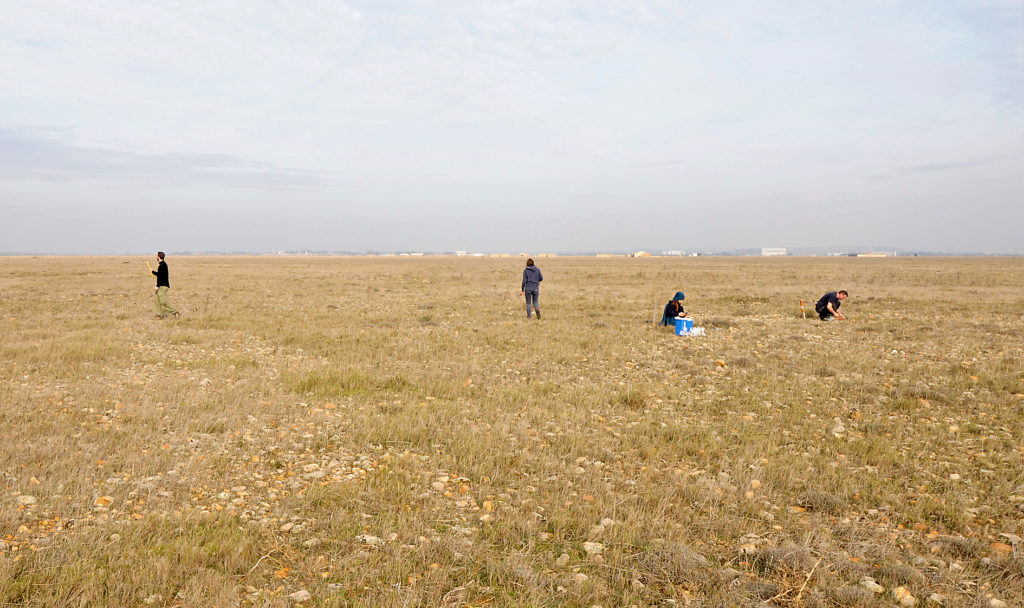
MNB: And how do you like identifying ants using a key?
TDA: This is not my specialty. I don’t have a systematic background, but I have used keys to identify ants.
MNB: Do you work in the wet lab?
TDA: I never worked in a wet lab.
MNB: Have you been involved in any of the -omics approaches [MNB: genomics, transcriptomics, proteomics, …], and what was your experience?
TDA: No, not so far.
MNB: And now to your statistics knowledge. Did you acquire it in university courses, from your supervisor, or on your own?
TDA: A combination of all the above. University courses gave me the basics of statistics. I also learned a lot from my peers, both during my internships and during my PhD by talking with colleagues and of course with Olivier, my supervisor. But I think it’s always interesting to try to solve a problem by yourself to learn how to better use statistical tools.
MNB: What is the ideal frequency of meeting your supervisor for discussing your research from your point of view: daily, weekly, monthly?
TDA: I don’t think there is an ideal frequency; it depends a lot on the stage of my project. But I feel lucky because my supervisor is always available to discuss anything.
MNB: And if you have a great idea, how do you find out if it’s really great: sitting down and thinking, discussing with your supervisor, discussing with colleagues from the group, discussing with someone not into science?
TDA: First of all, I sit down and think. I try to put my ideas in writing, schematise them, and do some literature research if necessary. If I still believe it’s a good idea, I talk to my office colleagues. And finally, I talk about it with my supervisors who have a broad vision of my project and know how to guide me if necessary.
MNB: Seems like you have a good planning for this at hand.
MNB: How many papers do you read in an average week?
TDA: I don’t know because it depends on the stage of the project. For example, if I am in the field I don’t necessarily read one paper a day. I will just keep myself informed with suggestions from Mendeley or Researchgate and save some papers to read later. On the contrary, if I am writing a paper, I read several papers a day.
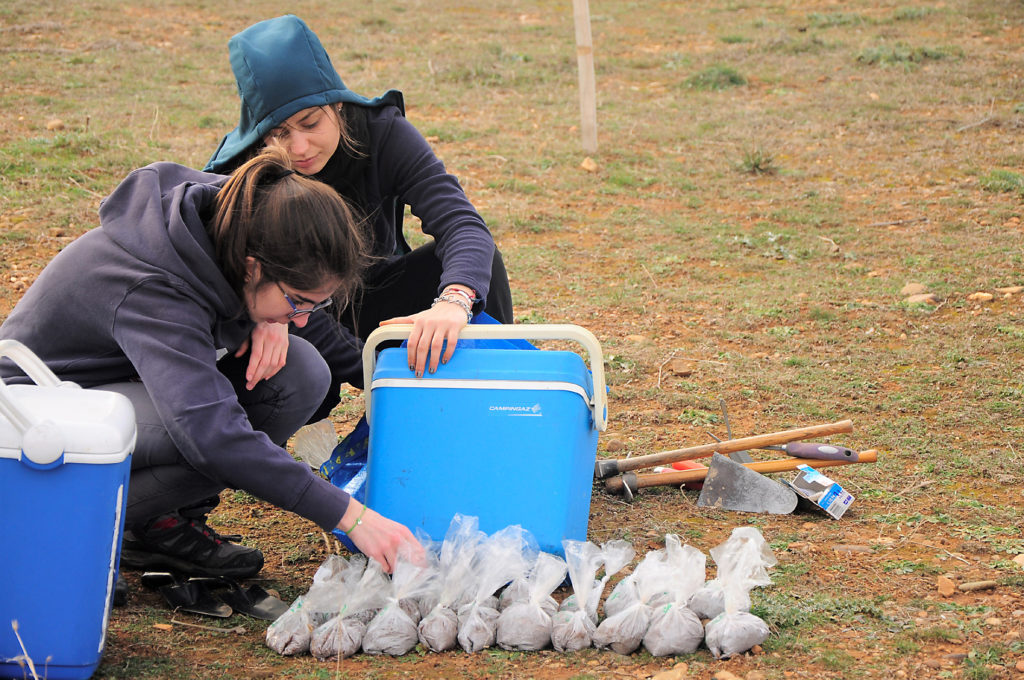
MNB: In an ideal world, is the working group you belong to small or large?
TDA: Between ten and fifteen, that seems to me to be large enough to have a well-diversified group, but small enough to know everyone. Beyond the size of the group, I think the most important thing is the discussions and the mutual help that we can have within this group.
MNB: And ideally, is your uni close to your field work site or in an urban area?
TDA: Close to my field work site, it is more convenient.
MNB: This is so true. You can then quickly change from bureau to field.
MNB: Have you profited more from attending conferences with narrower or with broader scope?
TDA: Until now, I got the most from small conferences. I had the opportunity to speak more easily with other participants, to have more feedback on my communication, and to be integrated in research projects.
MNB: What is most relevant to you at a conference: attending talks, giving a talk, meeting senior scientists, or meeting other students?
TDA: I am really nervous when I have to give a talk but it often allows me to start the conversation more easily, and so meet people.
MNB: Did you ever participate in a science slam and if so, what was your experience?
TDA: No.
MNB: If you would get 100,000 Dollar to spend for your research project, what would you do with it?
TDA: I have some ideas of experiments that I didn’t have time to complete during my thesis and that I would like to implement. It would allow me to fund interns and buy equipment.
MNB: What helps you best in your spare time to relax from work?
TDA: During the week I do indoor climbing. On weekends I like to do geocaching, it combines both hiking (and you can discover beautiful places!) and reflection.
MNB: Wow, cool hobbies and maybe worth trying.
MNB: How do you celebrate successes like getting a paper accepted, a proposal granted, or the like?
TDA: With my family and friends. I am looking forward to meeting my colleagues to celebrate the last paper accepted during the lock down.
MNB: What is your personal trick to get over periods of low(er) motivation?
TDA: There is nothing better than a chocolate cure!
MNB: What do you do to get over frustration about what you consider as unfair criticism by a reviewer?
TDA: First, I need to let off steam by talking about it, with my colleagues, supervisors, friends, family. Then I think back and read the criticisms more calmly and I notice that most of the time, the remarks are justified.
MNB: What is the one thing you would do differently when starting your PhD thesis again?
TDA: Better organization from day one. The organization of my literature was not optimal at the beginning of my thesis and I surely wasted time reorganizing it.
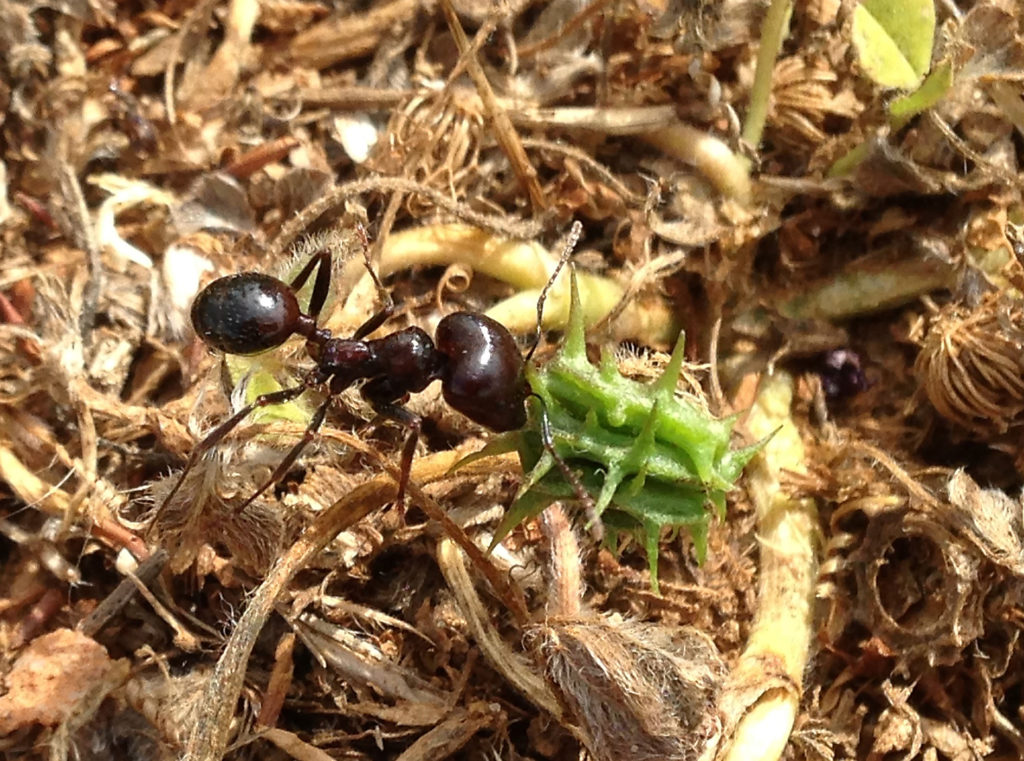
MNB: Would you like to stay in science?
TDA: Of course!
MNB: If you will be supervising PhD students yourself, what will be the most important thing you will expect from your students?
TDA: I think the most important things are curiosity, motivation, and scientific integrity. I would also like them to have the critical thinking, it’s important for their independence.
MNB: Now tying to this – what will be the most important thing you will want to take care of in supervising?
TDA: Make sure they are in a healthy work environment, not under too much pressure and always motivated.
MNB: Original article or review article?
TDA: Original article.
MNB: Reading or writing?
TDA: Reading.
MNB: Writing or reviewing?
TDA: Writing.
MNB: Reviewing or considering criticism by someone else?
TDA: Considering criticism, even if it is sometimes difficult, an external opinion is always interesting to improve our work.
MNB: The first or last 5% of time you spend with writing a manuscript?
TDA: Definitely the last 5%. The manuscript is almost finish so I am highly motivated.
MNB: Informative or sexy paper title?
TDA: Informative paper title.
MNB: Table or figure?
TDA: Figure, it’s easier to understand and I like to make them.
MNB: Web of Science or Google Scholar?
TDA: Google Scholar.
MNB: Journals financed by the author (open access) or the reader (subscription)?
TDA: Scientific knowledge should be shared with as many people as possible, but the costs of publishing in open access journals are sometimes very high.
MNB: Windows, OS, or Linux?
TDA: Windows.
MNB: Command-line or graphical-user interface?
TDA: Command-line.
MNB: Mouse or touchpad?
TDA: I use both.
MNB: Facebook or Twitter?
TDA: I have no Twitter account so … Facebook.
MNB: Bus or bike?
TDA: Bike.
MNB: Breakfast or dinner?
TDA: Dinner.
MNB: Sun or rain?
TDA: Rain.
MNB: Diploid or haploid?
TDA: I have no preference.
MNB: Sting or acid?
TDA: Sting.
MNB: Social parasite or host?
TDA: Social parasite.
MNB: Your favourite ant paper?
TDA: It’s really hard to choose just one paper… Because I would have liked to conduct a relatively similar experiment, I choose “Parr, C. L., Eggleton, P., Davies, A. B., Evans, T. A., & Holdsworth, S. (2016). Suppression of savanna ants alters invertebrate composition and influences key ecosystem processes. Ecology, 97(6), 1611-1617.”
MNB: Your favourite ant?
TDA: Z in the animated film “Antz”. Having watched this again and again when I was young, it is surely the most endearing ant “I know”!
MNB: …and if in another life you would be an ant, what ant would that be?
TDA: I don’t think I would like to be an ant. Ants have a very interesting and well-ordered social system but their life expectancy is relatively short, they work hard and above all, I think I would miss some freedom. 🙂
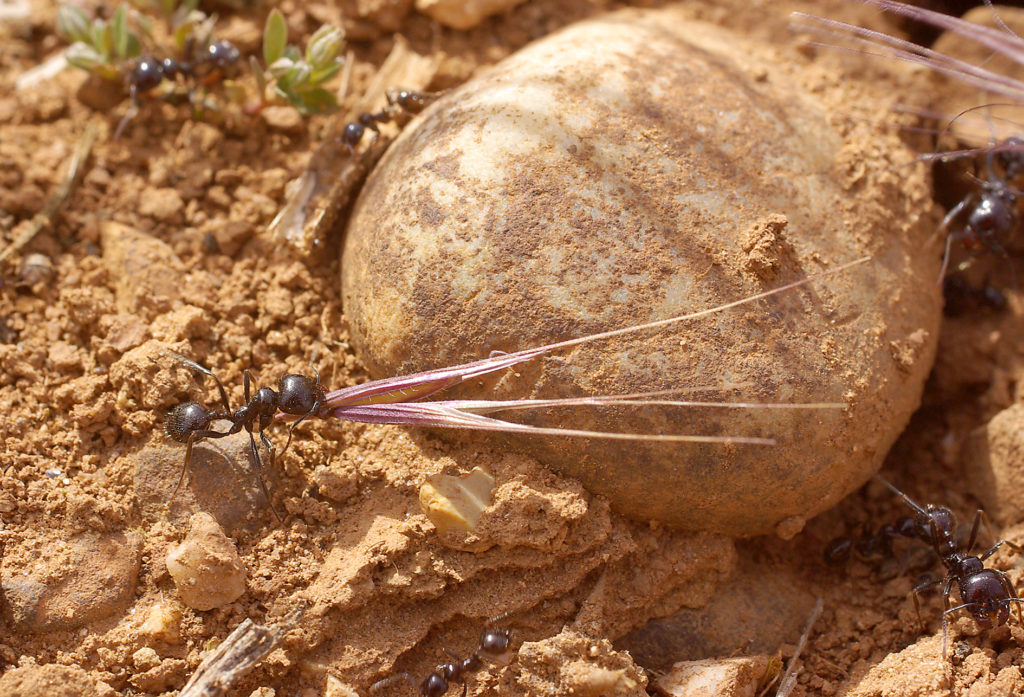


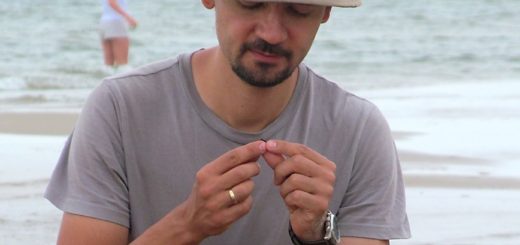
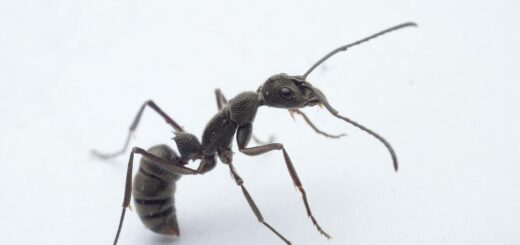
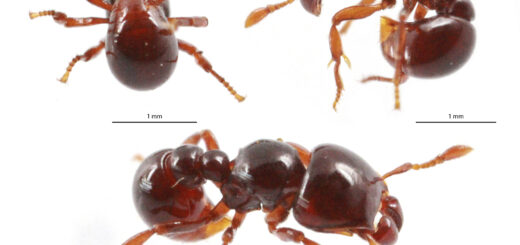
Recent Comments